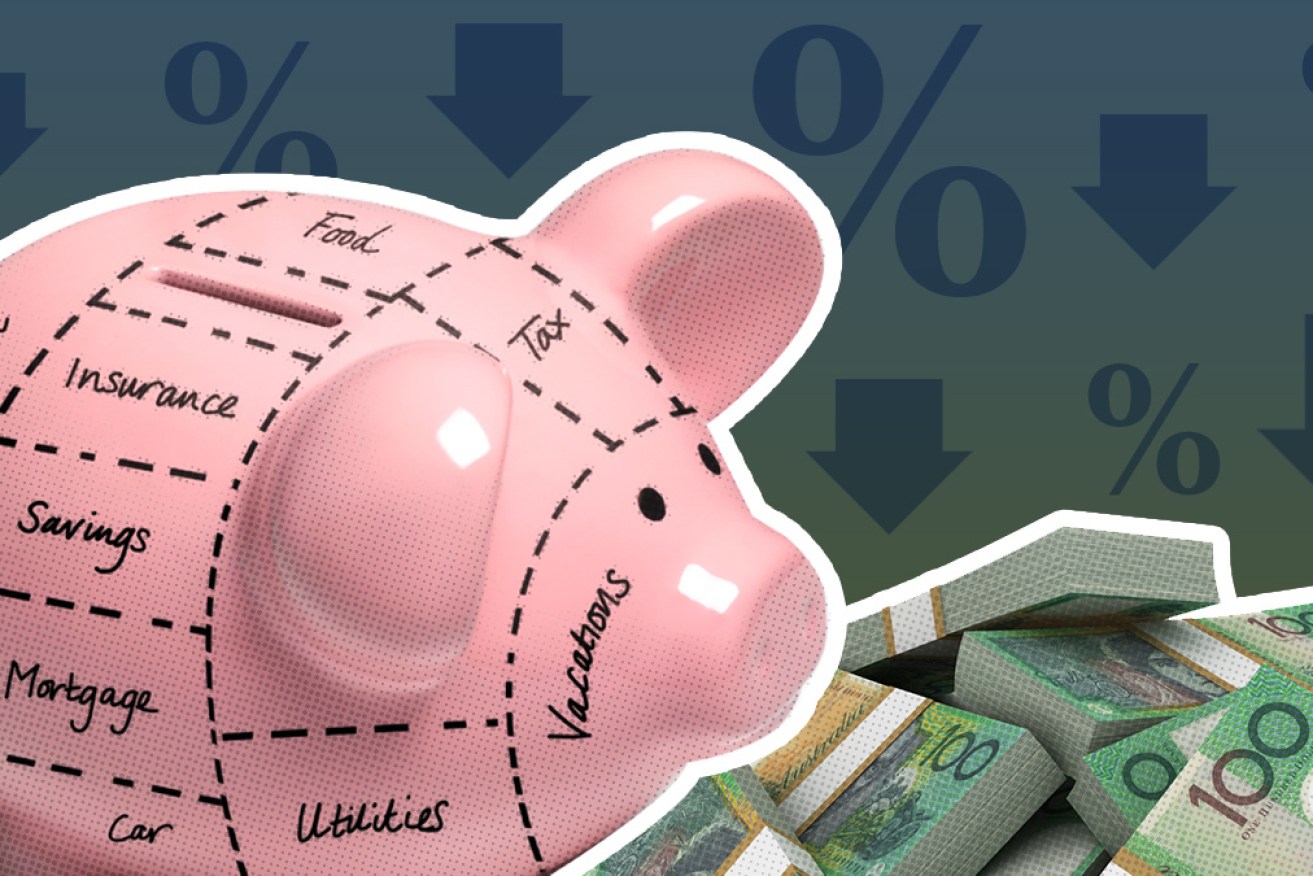Ask the Expert: How to prepare for the end of coronavirus support


The worst of the coronavirus pandemic looks to have passed, but workers relying on government payments and loan deferrals must prepare for a challenging road ahead.
Australia’s unemployment rate spiked following the coronavirus shutdown and is tipped to remain above pre-crisis levels until 2024.
That will put a huge strain on workers’ wallets, with roughly 1.7 million Australians expected to be receiving Centrelink payments by September.
Approximately 1.65 million Australians have also withdrawn more than $13 billion from their superannuation ahead of retirement, while banks have deferred payments on $211 billion worth of loans.
The combined efforts of government, banks, and support networks have helped Australia scrape through the crisis in better health than many other countries.

IFS head of technical, research and advice Craig Sankey.
But the support measures are temporary.
Their scheduled withdrawal in September means people relying on them must take action today to protect themselves tomorrow.
Although preparing for life without this support will be difficult, Industry Fund Services’ head of technical, research, and advice Craig Sankey told The New Daily it is manageable.
Stay on top of cash flow
As with most financial matters, the key to success starts with good budgeting – knowing how much money you have coming in, and how much you have going out.
In this case, however, things are complicated because the amount coming in may be drastically reduced in September when the government is expected to drop the JobSeeker payments to pre-crisis levels.
Expenses may simultaneously increase as loan deferrals and mortgage holidays expire – leaving customers with larger interest payments or a longer loan.
The best way to manage this, Mr Sankey said, is to start putting aside some money now.
“It’s one of those anomalies where for the economy in general it’s better if everyone spends,” he said.
But for an individual, it’s best to save it.”
The extra pool of savings will help alleviate stress and provide more wriggle room to manage emergency expenditures down the track.
The next step is to look at how much you’re spending currently, then compare that with the amount of income and additional expenses you’ll face after relief packages are unwound.
From here, you can identify cost savings (more on that shortly) and start to plan for the months ahead.
Although this budget will provide a useful guide, it’s important to track how your actual spending and income compares with your intended course of action, Mr Sankey said.
The key to success is to be honest about what you’re spending and be prepared to make changes to your budget on a monthly or fortnightly basis as circumstances change (here is where your accelerated savings can come in handy).
Cutting costs
Freeing up more money is where things get difficult. The first place to start is by separating your essential costs from your ‘wants’, which include monthly subscriptions and takeaway dinners.
As hard as it may be, these are the first costs that need to go.
Next up is to shop around for cheaper rates on your energy bills and home loan. Record-low interest rates mean bargains are available for anyone willing to shop around.
In some cases, Mr Sankey said, it may pay off to enlist a mortgage broker.
But make sure you ask the following questions before giving them your business:
- Which lenders do you work with?
- How do you make your money?
- How much do you charge?
- What other charges might I face?
Shop around for a broker you’re comfortable with to make sure you get the best outcome and pay an appropriate fee.
For some, seeing a mortgage broker may not be affordable (or useful for the millions of Australians renting) but there are more options.
If you’re in extreme financial stress, Mr Sankey said, reach out to a financial counsellor.
This is a free service that can help with budgeting, negotiating with debtors and more.
To get the most out of financial counselling, it pays to reach out to a counsellor sooner rather than later.








